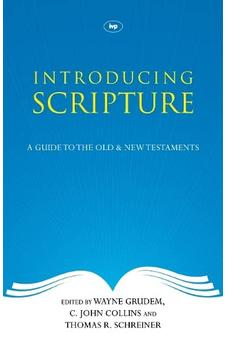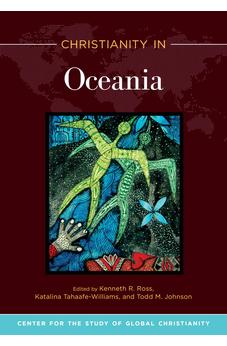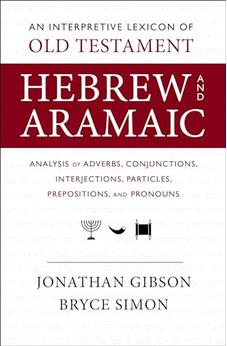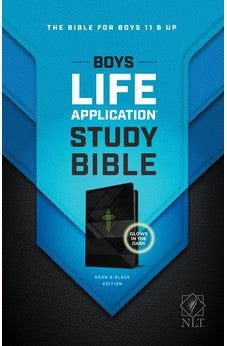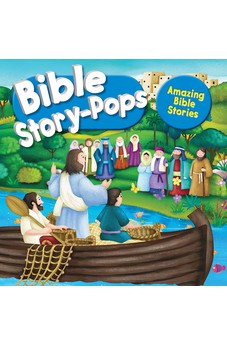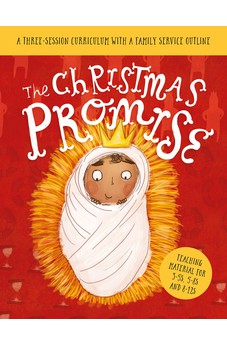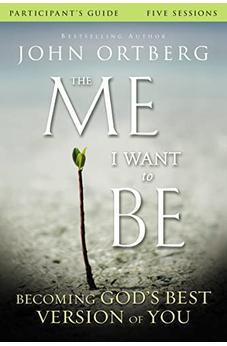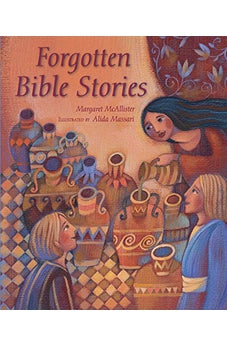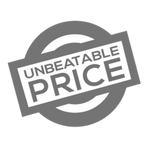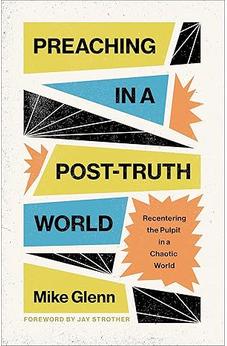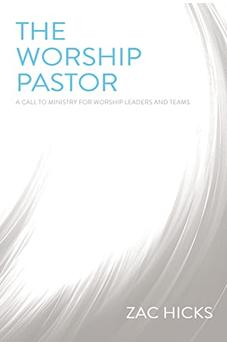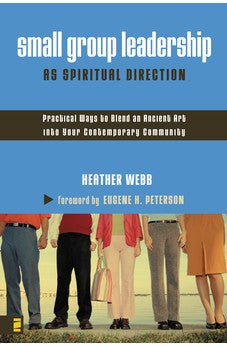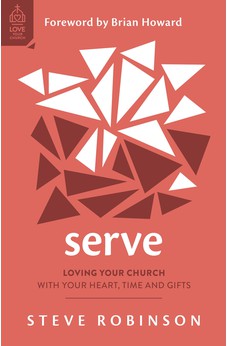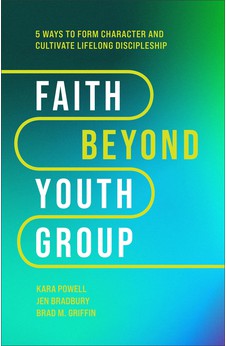The Coming Revolution in Church Economics: Why Tithes and Offerings Are No Longer Enough, and What You Can Do about It
3 Great Reasons to Buy from Us:
Our entire understanding of funding and sustainability must change.Tithes and offerings alone are no longer enough to provide for the needs of the local church, enable pastors to pursue opportunities, or sustain long-term ministry impact. Growing financial burdens on the middle class, marginal increases in contributions to religious organizations, shifting generational attitudes toward giving, and changing demographics are having a negative impact on church budgets. Given that someday local churches may be required to pay taxes on the property they own and/or lose the benefit of soliciting tax-deductible gifts, the time to pivot is now. What's needed is disruptive innovation in church economics.For churches to not only survive but thrive in the future, leaders must learn to leverage assets, bless the community, empower entrepreneurs, and create multiple streams of income to effectively fund mission. You'll learn why you should and how to do so in The Coming Revolution in Church Economics.Our entire understanding of funding and sustainability must change.Tithes and offerings alone are no longer enough to provide for the needs of the local church, enable pastors to pursue opportunities, or sustain long-term ministry impact. Growing financial burdens on the middle class, marginal increases in contributions to religious organizations, shifting generational attitudes toward giving, and changing demographics are having a negative impact on church budgets. Given that someday local churches may be required to pay taxes on the property they own and/or lose the benefit of soliciting tax-deductible gifts, the time to pivot is now. What's needed is disruptive innovation in church economics.For churches to not only survive but thrive in the future, leaders must learn to leverage assets, bless the community, empower entrepreneurs, and create multiple streams of income to effectively fund mission. You'll learn why you should and how to do so in The Coming Revolution in Church Economics."Mark DeYmaz challenges local churches to think innovatively in order to fund and fulfill the Great Commission. I highly recommend a thoughtful reading of this engaging challenge."--Ron Blue, cofounder of the National Christian Foundation, founder of Kingdom Advisors, and author of Master Your Money"Churches and ministries can do more to advance the kingdom if they have more resources by which to do so. You and your leadership team will find this guide a helpful resource for effective ministry in the third millennium."--Ed Stetzer, Billy Graham Distinguished Chair, Wheaton CollegeAbout the AuthorMark DeYmaz is the founder of Mosaic Church of Central Arkansas and cofounder of the Mosaix Global Network. The author of six books, DeYmaz is an adjunct professor at Gordon-Conwell Theological Seminary and teaches across the country. He and his wife, Linda, have four adult children and three grandchildren and live in Little Rock, Arkansas.Harry Li is the senior pastor of Mosaic Church of Central Arkansas where he has been colaboring with Mark DeYmaz for more than 16 years. Prior to coming to Mosaic, he was an associate professor of electrical engineering at the University of Idaho. He and his wife of 28 years, Melanie, have three adult daughters scattered throughout the US.




